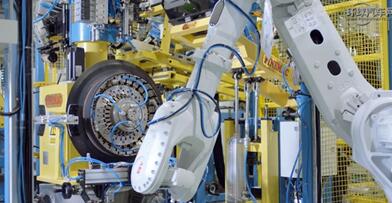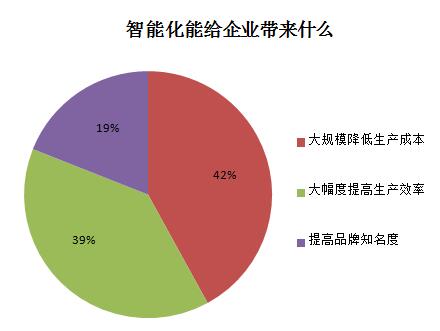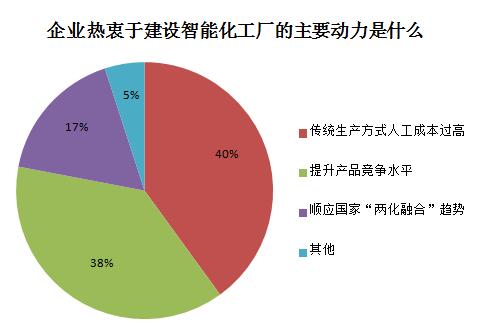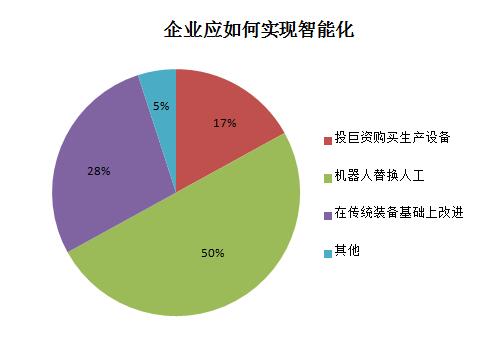Why do Chinese tire makers build smart factories?
A global trend of “Industry 4.0” and China’s state strategy of “Made in China 2025” are driving a revolution of upgrading the manufacturing sectors, including the tire industry.
Major tire makers such as Triangle, Double Star and Wanli are putting in huge money to build “smart factories.” So what can the “smart factories” bring for these tire makers?

Tireworld.com.cn has lately carried out a survey on this question.
Smart factories are expected to enhance competitiveness.
According to the survey result, 42 percent of the respondents expect smart factories to have lower production costs; 39 percent expect to raise production efficiency; and 19 percent expect to enhance product competitiveness.

In conclusion, it is widely accepted that smart factories will both lower costs and lift efficiency for the tire industry.
“What is the major factor that motivates tire makers to build smart factories?”Answers to this question again prove the above conclusion from another perspective.

Some 40 percent of the respondents choose the factor of “high costs of traditional production ways;” some 38 percent choose “to enhance product competitiveness;”and some 17 percent choose “to follow the state’s policy.”
Currently, Chinese tire industry faces pressure on both domestic and overseas markets.
On the one hand, “anti-dumping measures” have become much more frequent on the global market. On the other, the problem of “overcapacity” at home has become even more severe.
At such a key point, “production costs” and “product competitiveness” will be the two crucial factors that determine the future of a tire company.
It takes a a long journey“to be smart.”
To the question of “How to be smart,” about half of the respondents choose to replace man work with robots.
About 28 percent choose to partly improve the old equipment, while another 17 percent choose to purchase advanced equipment with huge investment.

In conclusion, robot has become the first choice of more and more companies as Chinese labor price rises.
For most companies, it is unrealistic to purchase the advanced but expensive equipment, while there will be practical problems if they choose to change the traditional equipment to smart ones.
Actually, many manufacturers still operate in semi-automatic ways or even craft production. Great challenges lie ahead if they try to realize smart production.
“There isn’t any fixed successful model for Chinese tire makers to learn from. They have to keep trying and overcome difficulties before they finally succeed,” an industry insider said.
- Tireworld Insight: Domestic tire makers eye overseas expansion
- Tireworld Insight: Price disparity severe between China's rubber exports and imports
- Tireworld Insight: China tire exports dependent on US market performance
- Tireworld Insight: SHFE rubber expected to move in tight range in short-term
- Tireworld Insight: Rubber futures to test near-term resistance at 15,000 yuan/tonne
- Tireworld Insight: China’s tire industry on track of rapid growth






